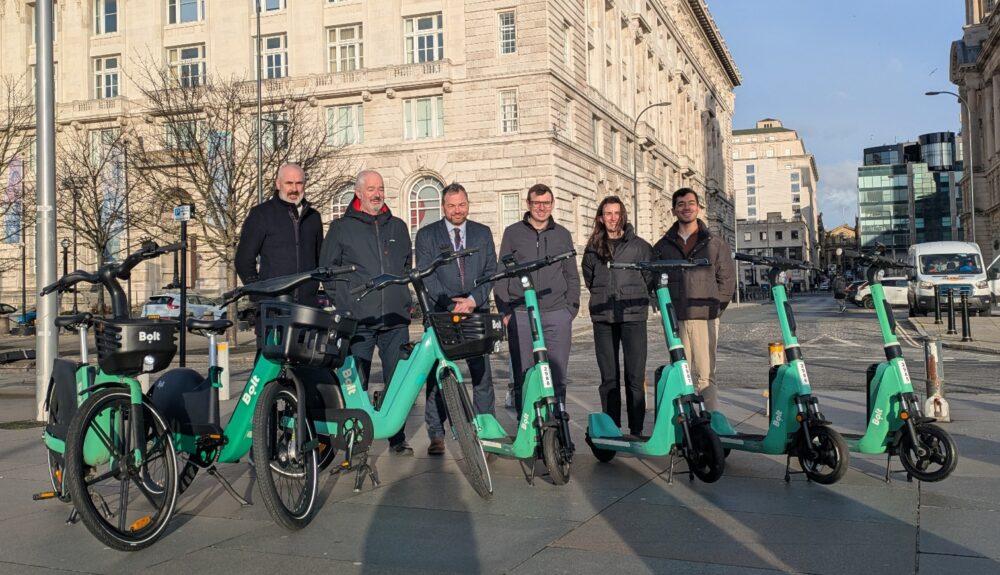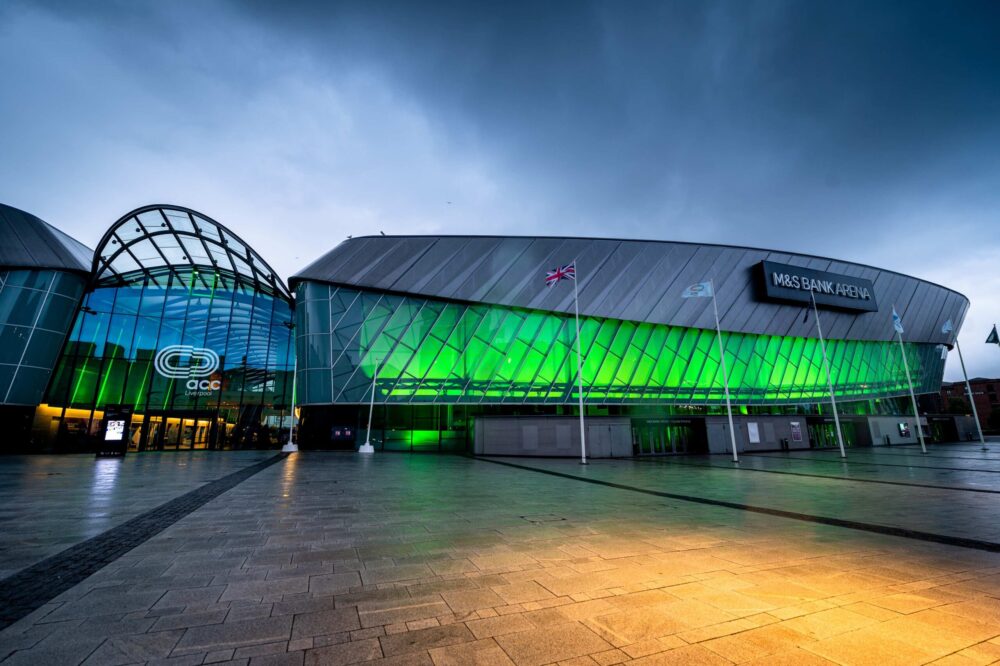
Environment
Liverpool named world’s first ‘Accelerator City’ for climate action
1 year ago

Liverpool has become the world’s first ‘Accelerator City’ for climate action, under UN Climate Change’s Entertainment and Culture for Climate Action (ECCA) programme.
The title comes in recognition of Liverpool impressive commitment to innovation and smart regulation to rapidly decarbonise the live music and TV/Film production sectors – both vital parts of the city’s economy – following several years of developmental work by ACT 1.5, an artist-led research and action effort, and climate scientists from the Tyndall Centre for Climate Change Research.
To mark the launch of this initiative, the following key events and plans were also announced today:
- A three-night live music series at Liverpool Arena from 28 – 30 November in collaboration with Massive Attack, ACT 1.5 and SJM concerts, to showcase innovations in sustainability and the smart design of live music events.
- A headline industry event, called Expedition 1, on (29 November) and public event (30 November) in the adjacent ACC Liverpool which will test and showcase eight cross-sectoral pilot projects for rapid decarbonisation across live music, TV and film productions scheduled in 2025, and then invite the public into multiple climate action workshops, live audience podcasts, and performances.
- The implementation of three initial plans for galvanising decarbonization in the cultural sector: a pioneering integrated public transport and ticketing program (TAG Network); electrification with 100% renewable energy of all key live event and filming locations in the city centre; and a new Paris 1.5-degree compatible sustainability standard that major events will need to meet in order to be granted a land use agreement for an event to proceed.
This work builds upon the groundbreaking project commissioned by the band Massive Attack and developed over the past four years, culminating in a climate action accelerator event entitled ACT 1.5 in Bristol (UK) in late August.
The band worked in collaboration with the Tyndall Centre, AGF, and super low-carbon providers to produce what is anticipated to have been the lowest greenhouse gas emissions show of its size ever staged.
As an ’Accelerator City’ Liverpool, which has just announced huge plans for the future of its music sector, will expand on this use of policy, technology, infrastructure, and transport practices to pilot and then embed decarbonisation methods into the fabric of the city, extending the scope of this work to include national film and television institutions; establishing cross-sectoral solutions with clean, green providers and sustainability-focused event & onscreen producers.
The world-leading Accelerator City programme is supported by Ecotricity and is comprised of a partnership network of private, public sector, and UN organisations including BBC, BAFTA Albert, BFI, Earth Percent, Equity, BECTU, The European Space Agency, A Greener Future, Association of Independent Festivals, UN Climate Change, UNESCO, ZENOBE Energy, and numerous transport, food and local service providers.
Simon Stiell, Executive Secretary of UN Climate Change, said:
“I commend the city of Liverpool on its ambitious plans to dramatically speed up decarbonisation in this vital sector. Cities and towns are absolutely essential in picking up the pace and scale of climate action – and the cultural sector plays a vital role in unlocking innovation and promoting sustainable behaviours. I applaud Liverpool’s initiative and look forward to identifying other ‘Accelerator Cities’ in the future.”
UK Climate Minister Kerry McCarthy MP, said:
“I am proud and delighted that Liverpool – as famous for its cultural exports as it is for its maritime history – will be the UN’s first Accelerator City for climate change action.











 Subscribe
Subscribe Follow Us
Follow Us Follow Us
Follow Us Follow Us
Follow Us Follow Us
Follow Us











